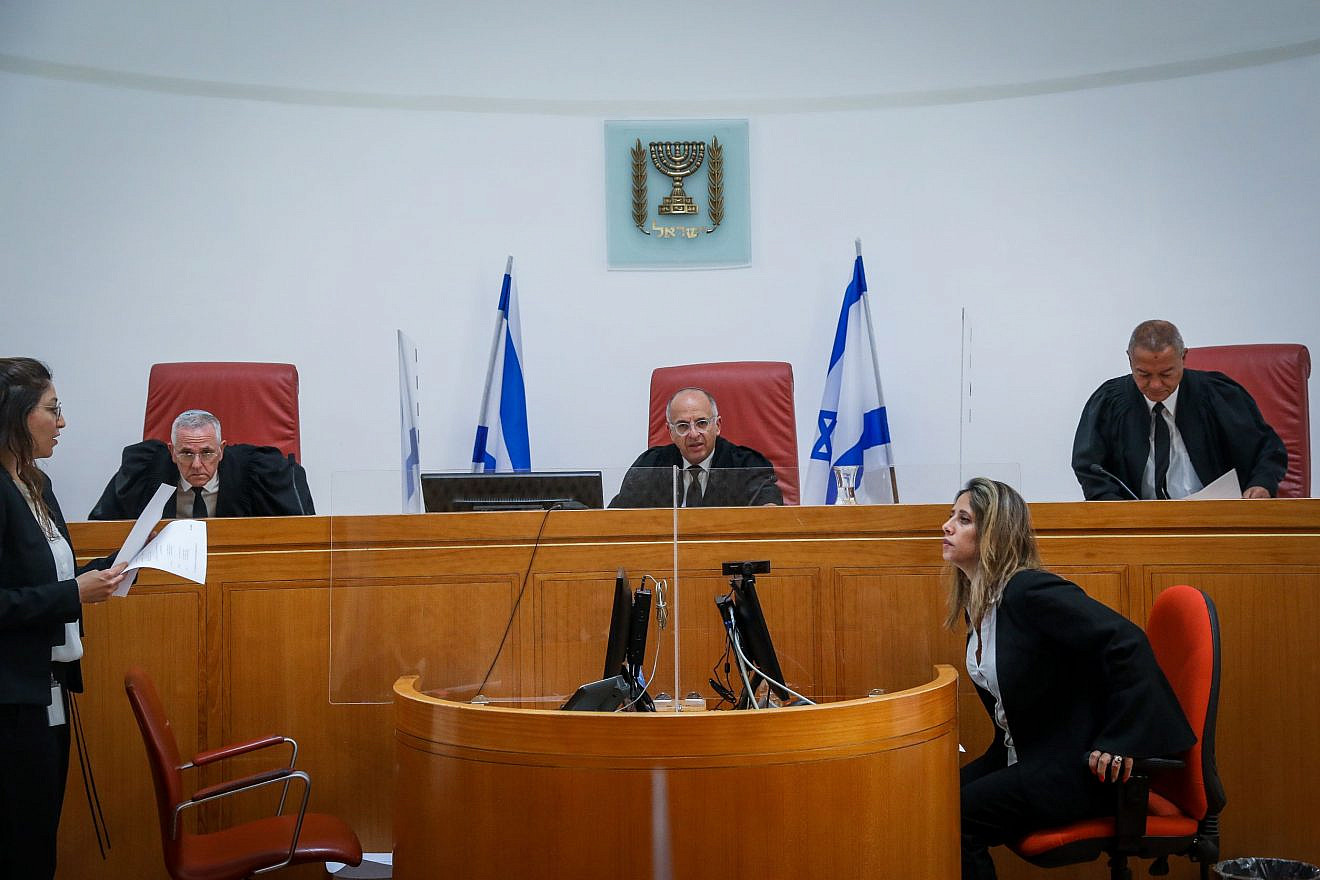Israel’s Supreme Court, sitting as the High Court of Justice, issued a temporary injunction on Wednesday blocking a Defense Ministry decision to return to the Gaza Strip some 20 Palestinian Arab patients who had completed their medical treatment in Israel.
It gave the state until Thursday to respond.
The Coordinator of Government Activities in the Territories (COGAT), the defense ministry responsible for civilian matters in Judea and Samaria and Gaza, had ordered the patients’ return.
However, it noted in a statement before the court decision that, “In cases where there’s need for further medical treatment, COGAT is coordinating their continued sojourn with the hospitals to ensure their health.”
Some of the patients to be returned had been treated for cancer, including at least three children, two of them at Sheba Medical Center in Ramat Gan’s Tel Hashomer neighborhood. At least 13 others were placed at eastern Jerusalem hospitals, some recovering from injuries sustained during the fighting in Gaza.
COGAT explained that those “Gaza residents and their companions who have received medical treatments in Israeli hospitals and don’t need any continued medical treatment are being returned to the Gaza Strip.”
However, the two petitioners to the court, NGOs Physicians for Human Rights Israel (PHRI) and Hamoked—Center for the Defense of the Individual, argued that none of the patients should be returned to Gaza.
“According to our knowledge, even if the patients are not receiving medical treatment at the hospital at this time, either they need treatment or follow-up soon, which they will not be able to receive in the Gaza Strip, or their medical condition does not allow them to survive in the conditions that currently prevail in the Gaza Strip,” said PHRI attorney Tamir Blank.
Doctors at Sheba lent support to the petitioners, staging a protest at the hospital in support of the two children who had undergone cancer treatment.
“We are here because we take care of them and cannot send them to their deaths. If not medically then emotionally, although also on a medical level,” they said.
“This is not our war, and the war is not with them. The children who are being cared for have received permission from the Defense Ministry to be here and to stay in Israel. If anything, this is the place for the State of Israel to take advantage of an opportunity to be humane within a wartime situation,” they continued.
Hadas Ziv, PHRI’s director of activities and ethics, told Ynet, “[I]f someone behaves badly then I should also behave badly? These children are innocent.”
While the petitioners made their case from an ethical standpoint, according to NGO Monitor, both organizations are known for anti-Israel activity.
According to its mission statement, PHRI views “Israel’s prolonged occupation over Palestinian territory” as “the basis of human rights violations.”
PHRI “promotes distorted and false narratives, aimed at demonizing and delegitimizing Israel in the international arena,” according to NGO Monitor.
In April 2023, PHRI was a signatory to a letter to U.N. Secretary-General António Guterres urging the world body to reject the International Holocaust Remembrance Alliance (IHRA) working definition of antisemitism.
The second petitioner, Hamoked, was the subject of a Channel 14 exposé in April 2023, in which it was described as the first pit stop for terrorists once they entered the Israeli judicial system.


























